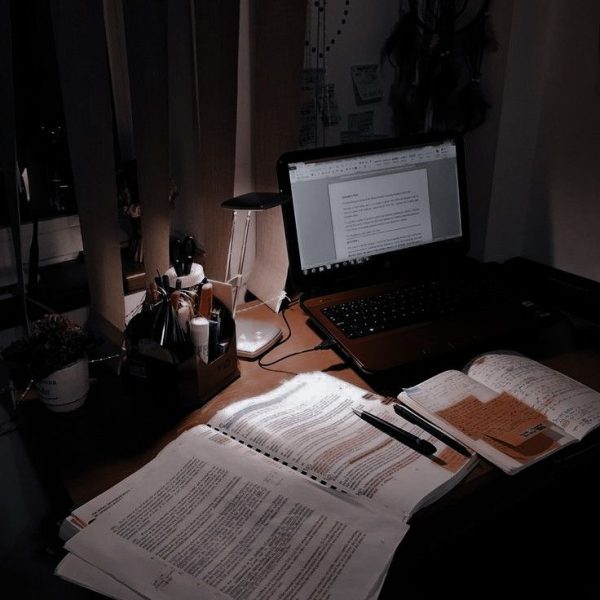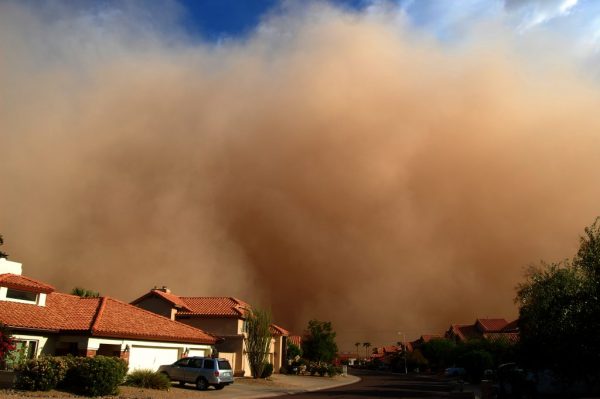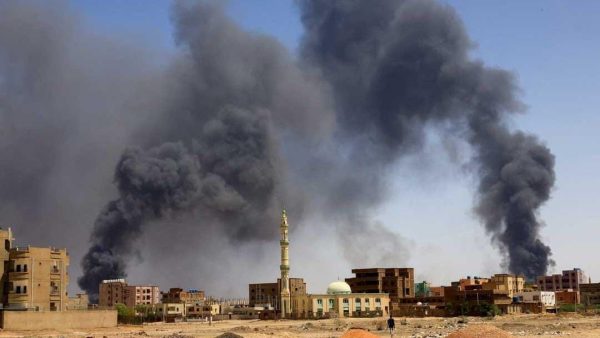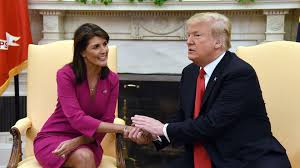North Korea: A Threat to Our Saftey
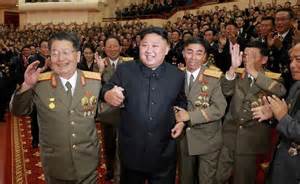
September 22, 2017
On Monday, September 11th, 2017, the UN approved new sanctions on North Korea in response to the detonation of a hydrogen bomb (North Koreas strongest bomb ever detonated) on September 3rd, 2017. These sanctions initially attempted to ban oil imports and freeze international assets in North Korea, but instead bans natural gas/liquids/condensates imports, textile exports, and prohibit countries from giving North Korean workers work permits. But are these sanctions really going to stop North Korea’s nuclear weapons program, or will they increase the risk of a nuclear attack? At the moment, it is uncertain who sides with who with the hesitation of Chinese and Russian leaders to respond and co-operate with North Korean sanctions.
Last time the United States warred on the Korean Peninsula, it received response from the Chinese, ending in the loss of 2,800,000 people. If the U.S acts with military force, it may result in another conflict with the Chinese powers and result in a devastating war that may kill millions. Although China disapproves of North Korea’s nuclear program, they do not want to risk a North Korean collapse and believe an oil embargo would not end the nuclear problem. South Korean analysts report that North Korea has resumed nuclear testing, and North Korea’s Foreign Ministry said on Wednesday 9/13, “the sanctions would only strengthen the country’s resolve to pursue its nuclear weapons program at a faster pace without the slightest diversion.”
As North Korea continuously persists to attack and destroy our safety, one may question, what can the UN do to safely stop the threat that could bring our average lives to a screeching halt?










